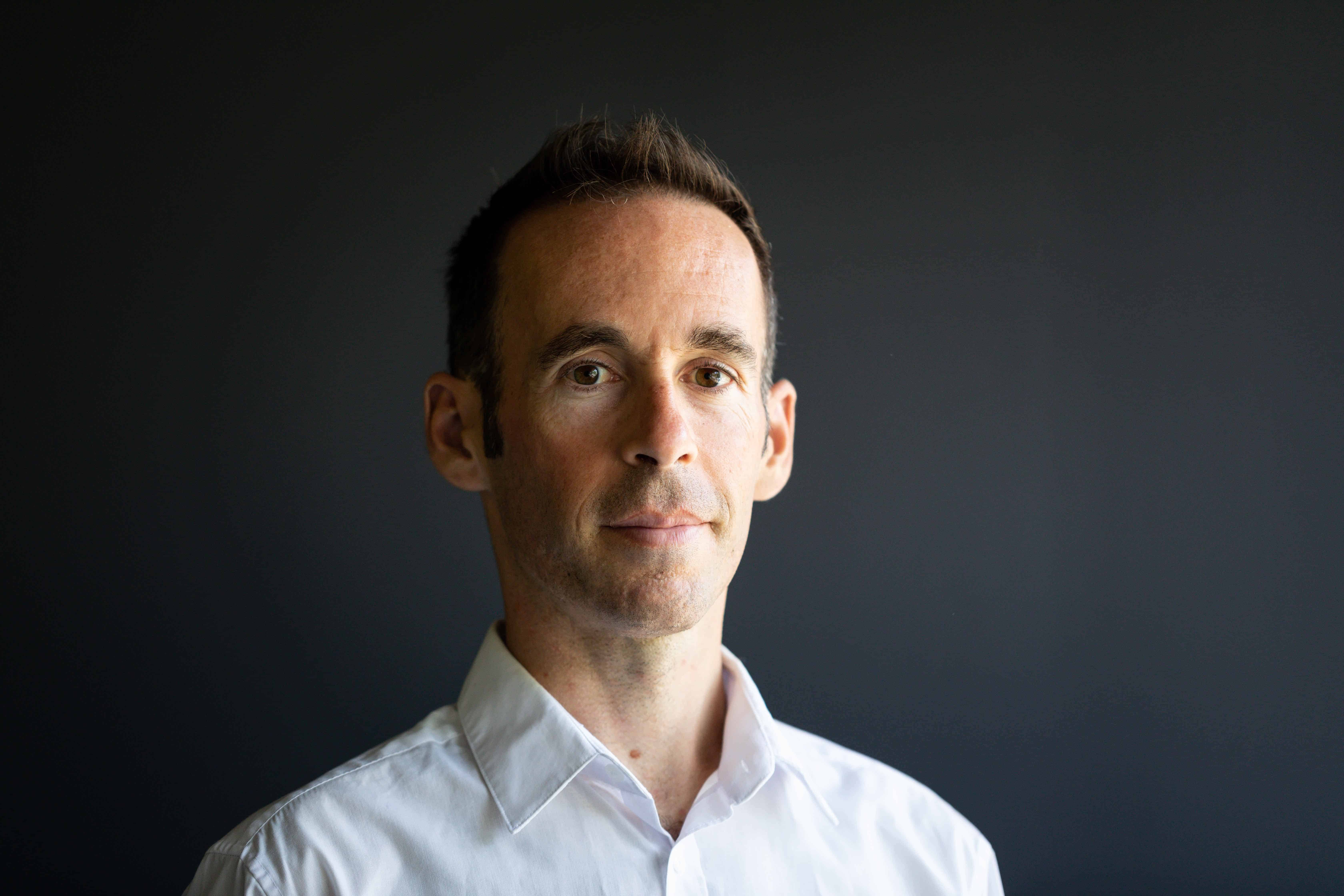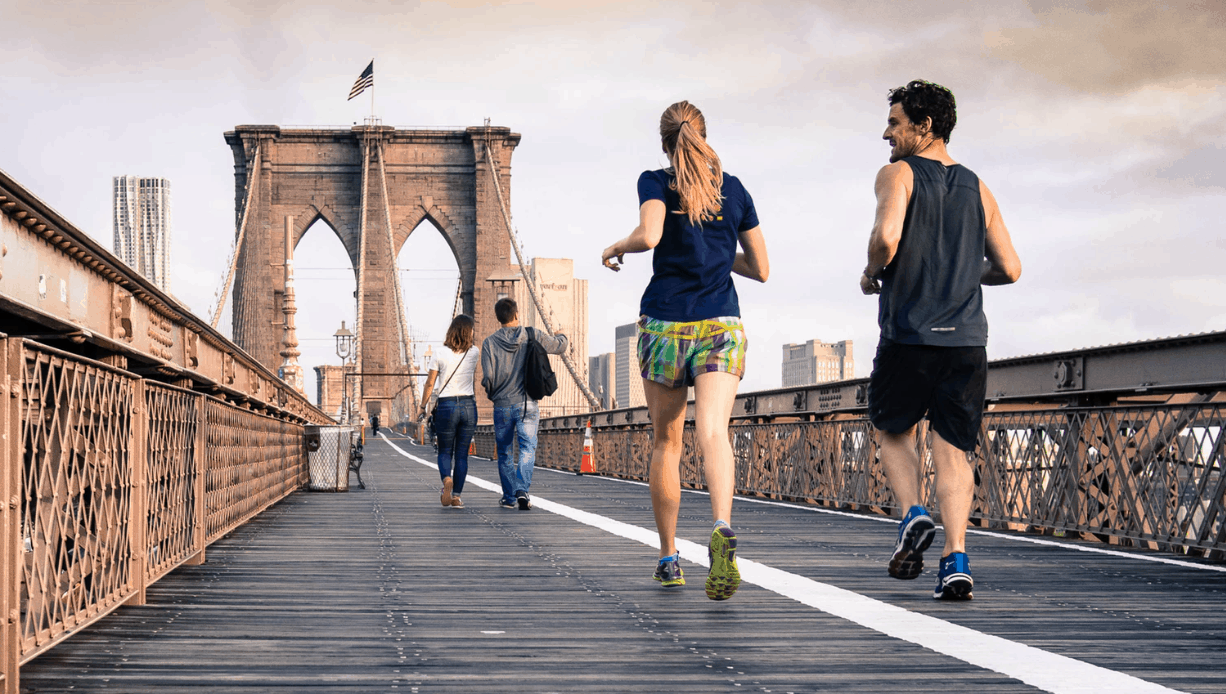You’re taking care of yourself. Eating well, hitting the gym, giving your yoga mat a workout. So why is a good night’s slumber still so elusive? According to registered dietitician, sports nutritionist, and Sleepopolis expert Jeff Rothschild, diet and exercise aren’t enough. Timing – and light exposure – are everything.
Join us as we discuss eating like an adult, the big mistake middle-aged athletes make, and why blue-light blocking glasses could be your most important sleep accessory.
On your website you use the tagline Eat. Sleep. Fit. Why did you include sleep?
I spend a lot of time in my sessions with clients focusing on sleep. The way you process food, your hunger levels, your carbohydrate tolerance – everything is affected by whether you sleep or not. There’s a huge window of acceptable food intake. If you eat like an adult, you’ll be fine. People come to me thinking they’ll have to count out seventeen grapes or four almonds, but it’s not true. They just have to focus on the big stuff, like blood sugar levels and sleep.

How does nutrition affect sleep, and vice versa?
If you don’t sleep, you basically become prediabetic. You’re hungrier and you crave carbs. Someone who doesn’t sleep enough will want to eat sugar and processed foods.
Timing and the size of meals is important, too. When people eat too late or too much, it has a thermic effect and heats up the body. The body’s core temperature has to drop before you can sleep. The later you eat, the less you should eat. And no one should eat after dinner unless they’re an athlete training for an event.
Can someone be fit if they don’t sleep enough?
Yes, but they’re more likely to experience things like stress fractures and overtraining. Forty to fifty year-old athletes are notoriously underslept. They cut sleep short to train and end up with more illnesses and injuries. They can look like great athletes, but have low testosterone or metabolic issues because they don’t sleep enough.
Performance goes down as well. If someone exercises too much and doesn’t recover, physical performance suffers. You need sleep to avoid burnout and overtraining. The worst thing anyone can do is go to the gym at night, whether they’re training or not. You’re bathing in blue light, raising your body temperature, and releasing stress hormones. That’s okay during the day, but at night it will keep you awake.

How do your clients react when you talk about sleep?
People are better at acknowledging the importance of sleep than they were twenty years ago. The most impactful way I get clients to go to sleep earlier is to tell them they won’t be tired unless they turn off their TV and electronics.
I give clients three options for TV: no TV, watch it on the computer, or watch it with blue blocking glasses. There are light receptors on our skin and in our fat, so while it’s better to use blue blockers, you can’t cut out everything unless you use blue-blocking light bulbs and reduce exposure in general.
Are certain foods beneficial or detrimental to sleep?
It’s more about when you eat. I’d rather have someone finish eating at least a few hours before bed and then be careful of their light environment. If everyone went camping for more than a few days in a row, most sleep issues would subside. Tart cherry juice or chamomile tea aren’t going to undo hours of TV and light exposure.
What do you wish everyone knew about sleep?
That artificial light at night is a major culprit in sleep problems. We all should be living in nature from a health standpoint. We shouldn’t be exposed to artificial light, period. The compromise is that you have to figure out what works for you. I think there are very few genuine night owls, just people who are more affected by light at night.
A huge thank you to Jeff Rothschild for chatting with Sleepopolis! Learn more about him at his website and on Facebook, LinkedIn, and the Sleepopolis Expert Hub.


























